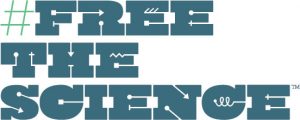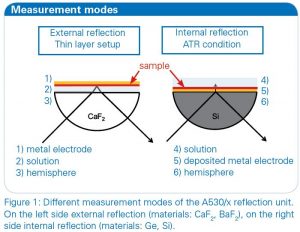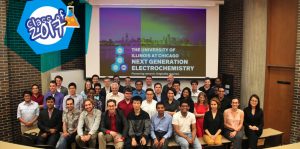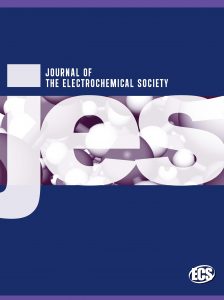 You are all cordially invited to the third annual Oxford Electrochemical Society Student Chapter Symposium which will take place from 10 am to 5 pm on June 11, 2019, in the Harris Lecture Theatre, Oriel College. The keynote will be delivered by Saiful Islam, FRSC of the University of Bath.
You are all cordially invited to the third annual Oxford Electrochemical Society Student Chapter Symposium which will take place from 10 am to 5 pm on June 11, 2019, in the Harris Lecture Theatre, Oriel College. The keynote will be delivered by Saiful Islam, FRSC of the University of Bath.
We are looking for contributions from students or postdocs. If you want to give a short talk (15-20min) about your research sign up via the link below.
The symposium is free to attend, and breakfast and lunch will be provided! Come along to learn about ongoing research in different departments and network with other electrochemists! (more…)


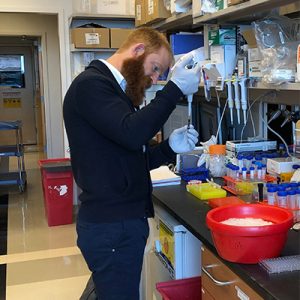
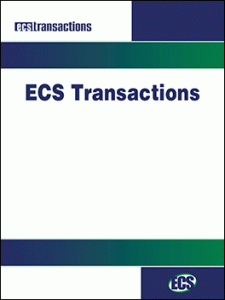 A new issue of ECS Transactions (ECST) has just been published. This issue includes 20 papers which will be presented at the Seventh International Conference on Semiconductor Technology for Ultra Large Integrated Circuits and Thin Film Transistors (ULSIC vs. TFT 7), to be held in Kyoto, Japan, May 19-23, 2019.
A new issue of ECS Transactions (ECST) has just been published. This issue includes 20 papers which will be presented at the Seventh International Conference on Semiconductor Technology for Ultra Large Integrated Circuits and Thin Film Transistors (ULSIC vs. TFT 7), to be held in Kyoto, Japan, May 19-23, 2019.